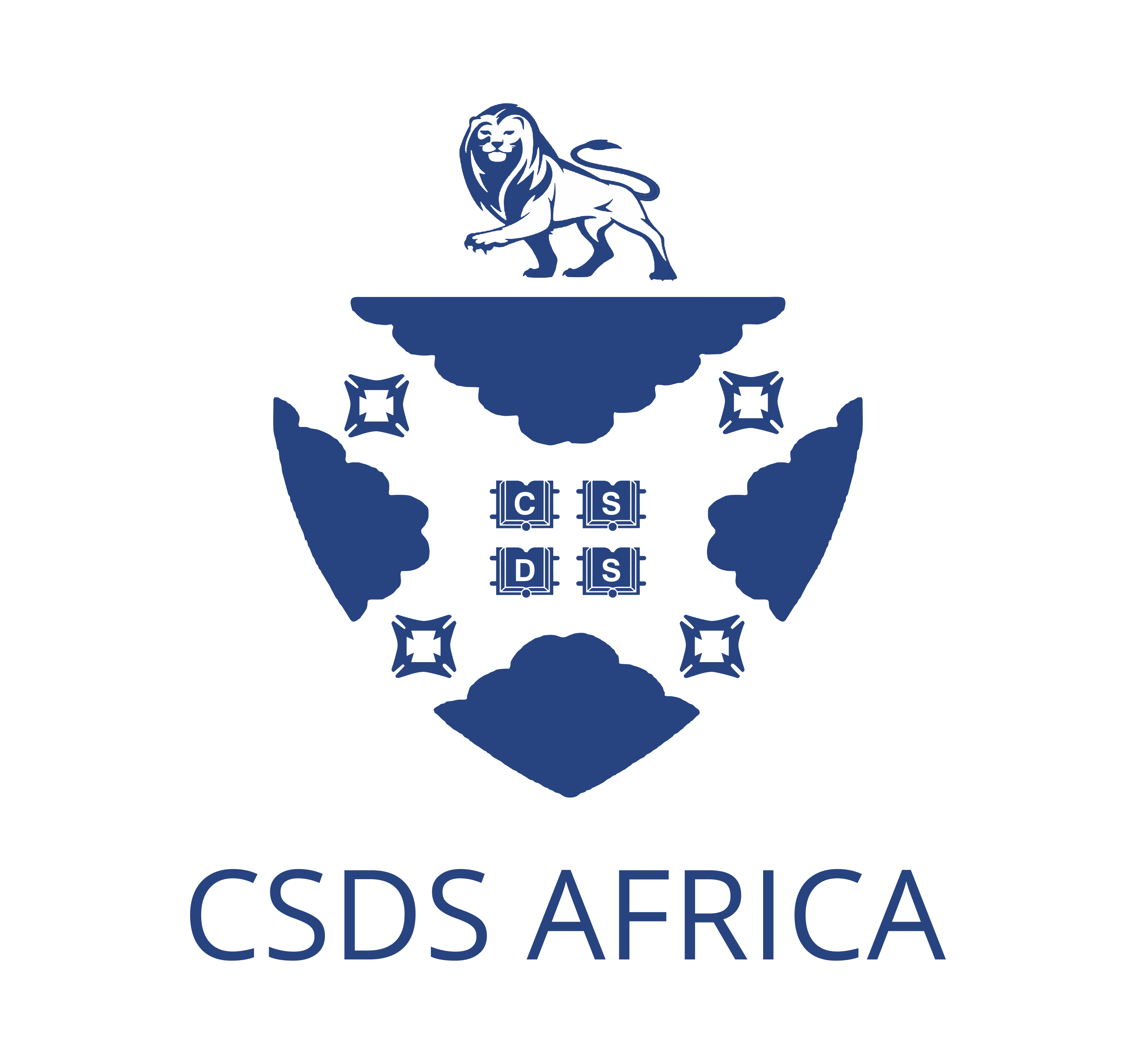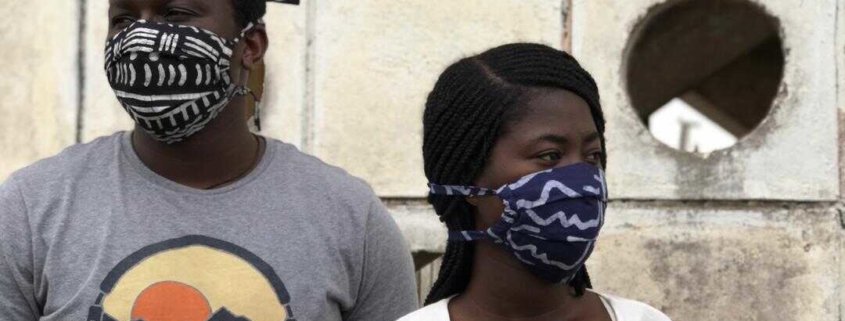A Position Paper On The COVID-19 Situation In Ghana: “The Science For Face Masks Is Clear”
ALTHOUGH A VACCINE FOR THE CORONAVIRUS (COVID-19) IS YET TO BE MADE, THERE IS A SIMPLE AND VERY EASY-TO-APPLY PERSONAL HEALTH LIFESTYLE THAT WILL HELP STOP THE CORONAVIRUS. THE REALM OF SCIENCE SUPPORTS IT. – Osei Bonsu Dickson, Esq., Edem Kojo Spio
As of 17:15:08 GMT+0000 on Saturday April 18 2020, 834 confirmed cases have been recorded in Ghana. Out of this figure, 99 people have recovered; 234 people are well/responding to treatment; 4 people are moderately ill and 9 people have died. These figures are gradually increasing in number and as such, promote excessive fear and paranoia in the hearts and minds of the most vulnerable potential victims. All hope is not lost yet. The government has been very diligent in its approach to combating the coronavirus disease (COVID-19). As respectful and peace loving citizens of our Motherland, it is up to us to comply with and aid the government better handle the situation. Here is how (Service, 2020).
You might walk into a supermarket, hospital, office, market or even the barbershop over the next few days and infect dozens without knowing it. Some might die. Others will think they are dying before they recover. According to a publication in the science and technology weekly journal Nature, people are most infectious in the first week after coming in contact with the coronavirus (COVID-19). During that time they often show no or few symptoms (Howard, 2020). Simply put, the coronavirus moves like a silent assassin, with unknowing accomplices. You can easily be one of them. However, the best way to ensure that you certainly will not be a victim is to simply wear a mask, and keep your distance from others. You do not need to wear an N95 respirator as they have been purposely made to keep doctors safe even when doing potentially dangerous medical procedures. Almost any kind of simple cloth covering over your mouth, such as a home-made mask, or even a bandana, can stop the assassin in its tracks (Howard, 2020).
People have been advised to focus their efforts on stopping the spread of droplets. The Wölfe paper explains that the virus is primarily transmitted through tiny droplets of saliva which are ejected when we speak. They are not visible to the human eyes however, they exist. We have been informed that these droplets can go move significantly further than the 6ft widely cited safe distance. According to a research that was supported by the Nobel prize-winning virologist Harold Varmus, placing a layer of cloth in front of your face stops 99% of the droplet from getting in contact with your face (Heymann, 2020).
We can clearly see that it takes little to no efforts to be dedicated and diligent to following this routine. A majority of people do not know whether they are sick or not. Should you be sick, whenever you speak, you will be projecting virus-laden droplets into the air. Wearing a simple cloth mask stops those droplets from getting into the air. A committee of experts recently released an expert consultation explaining that failure to wear a face mask will result in the spread of the coronavirus (COVID-19) through talking, or even breathing.
Professor David Heymann CBE, a World Health Organisation (WHO) adviser, said, “I think that wearing a mask is equally effective or more effective than distancing.” In a paper published in Nature on the April 3rd 2020, a five-year study from the University of Hong Kong and the University of Maryland has found that a simple non-fitted face mask blocked 100% of coronavirus droplets and aerosol. In existence, is a vast chasm between what many countries are doing and what science is showing. It can be agreed upon as a favourable and well thought through opinion that face masks may perhaps be the most important weapon in battling the coronavirus disease. However, we are ignoring its use (Howard, 2020).
On the international stage, the situation is worse. There are key leaders who continue to lessen its importance. The World Health Organisation (WHO) recommends only wearing a mask if you are sick, or looking after somebody who is sick. Emerging results from on-going research on the nature of the coronavirus and how to tackle it prove that this instruction is flawed as it contradicts what is currently known. Many infected people do not even know they have it. No wonder there is a wide expression of confusion on whether to wear the face masks or not (Howard, 2020).
There is data to back the effectiveness of the face mask in terms of performance. Every country with enforced mask usage dramatically experienced lower death rates compared to countries that do not use the face masks widely. Upon changing policies on the usage and thus importance of the face mask, countries which embarked on these activities experienced dramatic results. In Czech Republic, the spread of the coronavirus was greatly reduced due to an initiative by concerned citizens. Mask wearing has been made mandatory and the government has promoted the effort with PR campaigns and public appearances by politicians wearing face masks. In the government sponsored video, the narrator espouses the tactic, saying that face masks fundamentally reduces the transmission of air droplets from the wearer to other – “When we both have a face mask, I protect you, you protect me” she says. It was fully supported by the country’s government. Citizens spent a huge part of their day making low-cost, easy-to-make and reusable face masks. Wearing a face mask has become compulsory in Morocco, Slovakia, Bulgaria and China. Every citizen has to wear one by law throughout the pandemic. In Austria, masks are also recommended for preventing the spread of the virus. There are growing concerns in Germany for the government to implement mandatory wearing of a face mask to help counter the spread of the coronavirus (COVID-19). The UK is now weighing up similar measures.
According to Stanford economic policy research experts, “the firm recommendation against masks in community settings appears incompatible with the available evidence”. It is estimated, per modelling done by Yale researches, that “the benefits of each additional cloth mask worn by the public are conservatively in the $3,000-$6,000 range due to their impact in slowing the spread of the virus”. Face masks are basically free since one can make the from old T-shirts or sheets. As such, its economic payoff is hard to question. Such an investment pays over 1,000 to 1 (Howard, 2020).
A huge challenge to this is that wearing face masks only pay off when most people do it. As per an analysis of the flu by the Food and Drug Administration in the UK, virus transmission will be reduced in half should 50% of a population use a face mask. Furthermore, it will be essentially eliminated’ should 80% of a population use a face mask. As a result, many jurisdictions have adopted laws that require the use of face masks whenever a person finds his or herself in crowded places, such as public transport or shops. Some jurisdictions go further and require face masks whenever a person is out in public. “Masks for All laws” have been implemented in place such as Israel, Austria, the Czech Republic, Hong Kong and Mongolia, with more locations being added every day (Heymann, 2020).
It should be noted that the usage of face masks should not replace the need for social distancing and hand-washing. It is extremely important that we endeavour to use the entire set of tools we have in our toolbox to stop this killer. In addition to relying and complying with steps taken by the government, we should consider our personal health by being socially and hygienically responsible. We must rely on grassroots community efforts to get up to that magic 80% compliance number. We know this is possible, because the Czech Republic did it last month. In that country, a brilliantly effective social media and influencer campaign saw the country go from 0% mask use to nearly 100% mask use in three days. Then the government followed and made it the law. (Howard, 2020)
REFERENCES
Heymann, D. (2020, April 3). Do face masks protect against coronavirus? Here’s what scientists know so far | David Heymann | Opinion | The Guardian. Retrieved from The Guardian: https://www.theguardian.com/commentisfree/2020/apr/03/face-masks-coronavirus-scientists-evidence-covid-19-public
Howard, J. (2020, April 4). To help stop coronavirus, everyone should be wearing face masks. The science is clear | Jeremy Howard | Opinion | The Guardian. Retrieved from The Guardian : https://www.theguardian.com/commentisfree/2020/apr/04/why-wear-a-mask-may-be-our-best-weapon-to-stop-coronavirus
Service, G. H. (2020, April 7). About COVID-19 | Ghana Health Service. Retrieved from Ghana Health Service: https://ghanahealthservice.org/covid19/about.php







Leave a Reply
Want to join the discussion?Feel free to contribute!